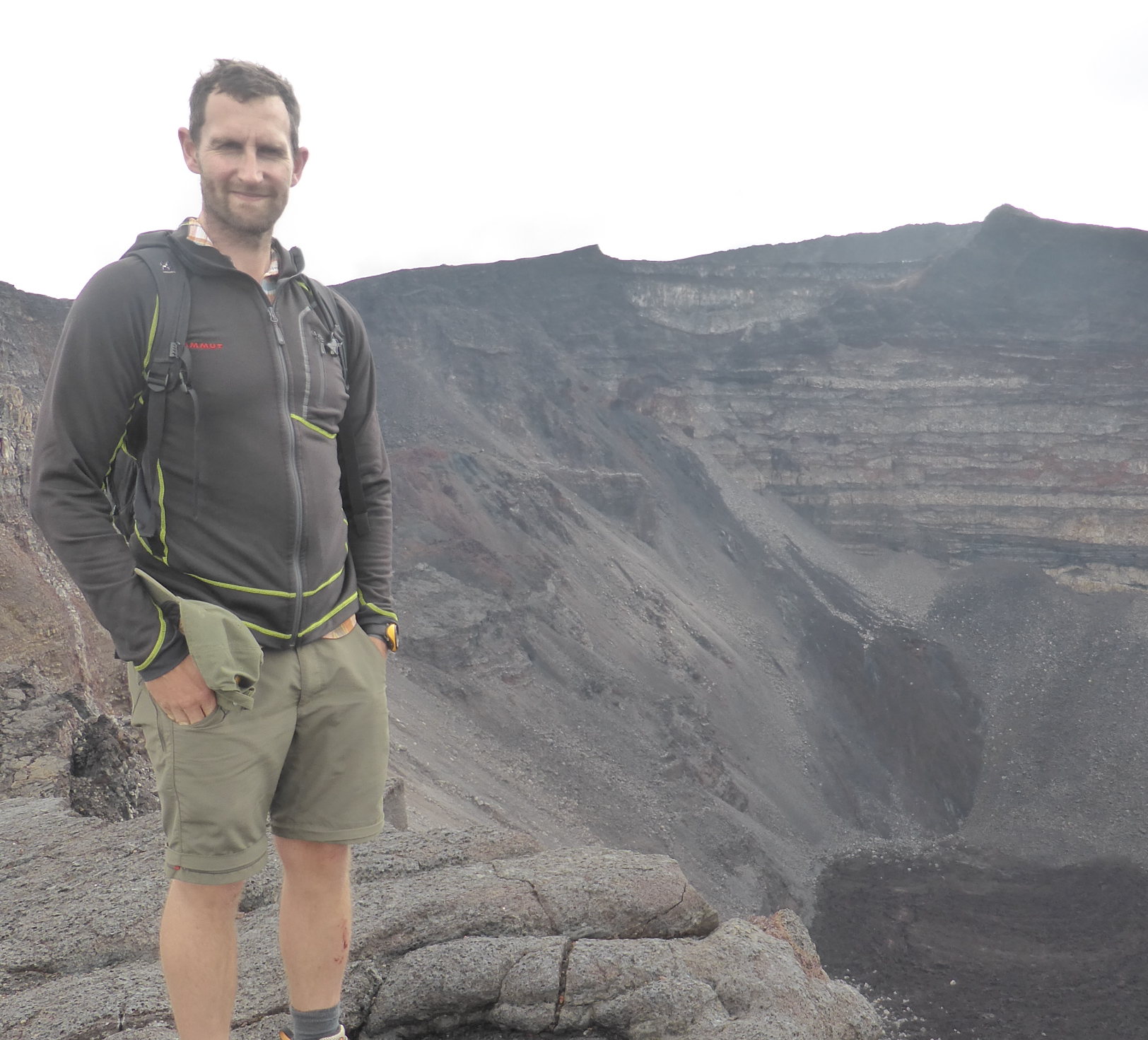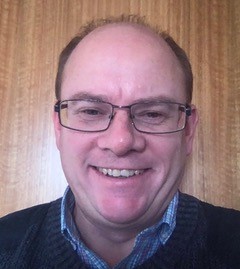
Dr Lydia Cole
Research Fellow
School of Geography and Sustainable Development
University of St Andrews
Lydia is a Conservation Ecologist with a keen interest in how tropical ecosystems can be managed sustainably in the face of agricultural expansion and the other pervasive impacts of population growth and globalisation. She is particularly interested in peat-scapes, and how they can be responsibly managed through an understanding of their unique hydrological requirements. Her past projects include, spanning time in both academia and industry: creating a mapping and monitoring system for peatlands in the UK, Malaysia and Indonesia; reconstructing past vegetation change and assessing future prospects for the coastal peatlands of Malaysian Borneo; exploring the dynamics of human-wildlife interaction in northeast India; and training Government, research and NGO partners in Ghana, Indonesia and Malaysia on the use of a decision support tool for restoring connectivity in landscapes for biodiversity under climate change. She is currently working as a Postdoctoral Research Fellow in Ecology on a two year Leverhulme Trust-funded project entitled: Valuing intact tropical peatlands – an interdisciplinary challenge. She is also the Chair of the Conservation Ecology Special Interest Group of the British Ecological Society and coordinates the Expert Group on Peatlands and Biodiversity on the International Peatland Society’s Scientific Advisory Board.
Dr Vibhor Saxena
Associate Lecturer in Economics
School of Economics
University of St Andrews

Vibhor’s field of specialisation is development economics. His research interests are based on broad range of issues of global south: energy, inequality, microfinance, and demography. His research is focused on applied econometrics and he has employed several large datasets (unit level and aggregated) in his research. Vibhor is currently working on energy issues in India and son preference in India and BRICs countries. He is also working on the impact of financial deleveraging on the households in the regions where formal credit markets do not exist.

Dr Nicholas Gardiner
Lecturer in Applied Earth Resources
School of Earth and Environmental Sciences
University of St Andrews
Nick is a lecturer in Applied Earth Resources. Having gained his BA in Geology from Oxford, and an MSc in Geochemistry from Leeds, he returned to Oxford for a DPhil in metamorphic and stable isotope geochemistry. After working in commodities trading for nearly a decade, in 2013 Nick returned to academia initially with a 2-year postdoc at Oxford, followed by research positions at Curtin (Perth) and Monash (Melbourne), before joining St Andrews as a lecturer in 2019.
Nick’s speciality is as a petrologist and geochemist, and he applies radiogenic, stable isotopes, and trace element geochemistry, to magmatic processes including problems of Archaean crustal growth and evolution, with work in Western Australia, South Africa and Greenland. Nick also has an active interest in the processes leading to the development of magmatic-hydrothermal deposits, principally tin-tungsten-tantalum-lithium, in developing nations such as Myanmar and Rwanda.
At St Andrews Nick is currently the director of the new MSc in Strategic Earth Resources, launched this year.
Dr Paul A. Connor
Senior Research Fellow and Lecturer
School of Chemistry
University of St Andrews

Paul received his PhD (Chemistry) from the University of Otago in 1998. He has worked in the School of Chemistry at St Andrews from 1998 till the present and is now a Senior Research Fellow and Lecturer. His research has covered Lithium Batteries, Solid Oxide Fuel Cells, Solar collection, catalysis, as well as other general electrochemical projects. He has had two chapters in books, and has over 50 published papers. He is, and has been, a PI and CoI on multiple grants from RCUK and EU, worth well over £10 million. His teaching covers sustainability of energy, to “Fuels of the Future” and on to advanced solid state chemistry.



